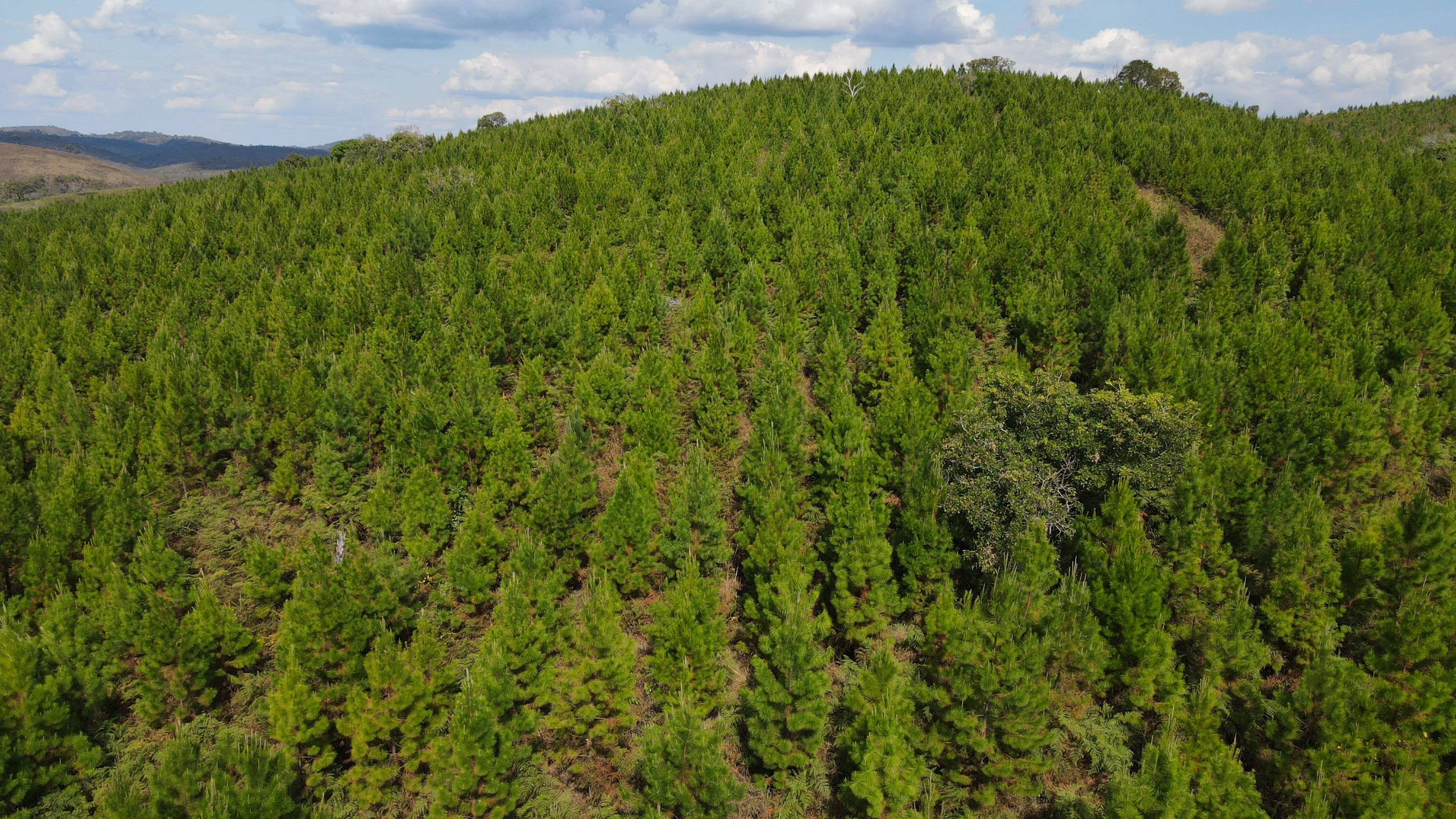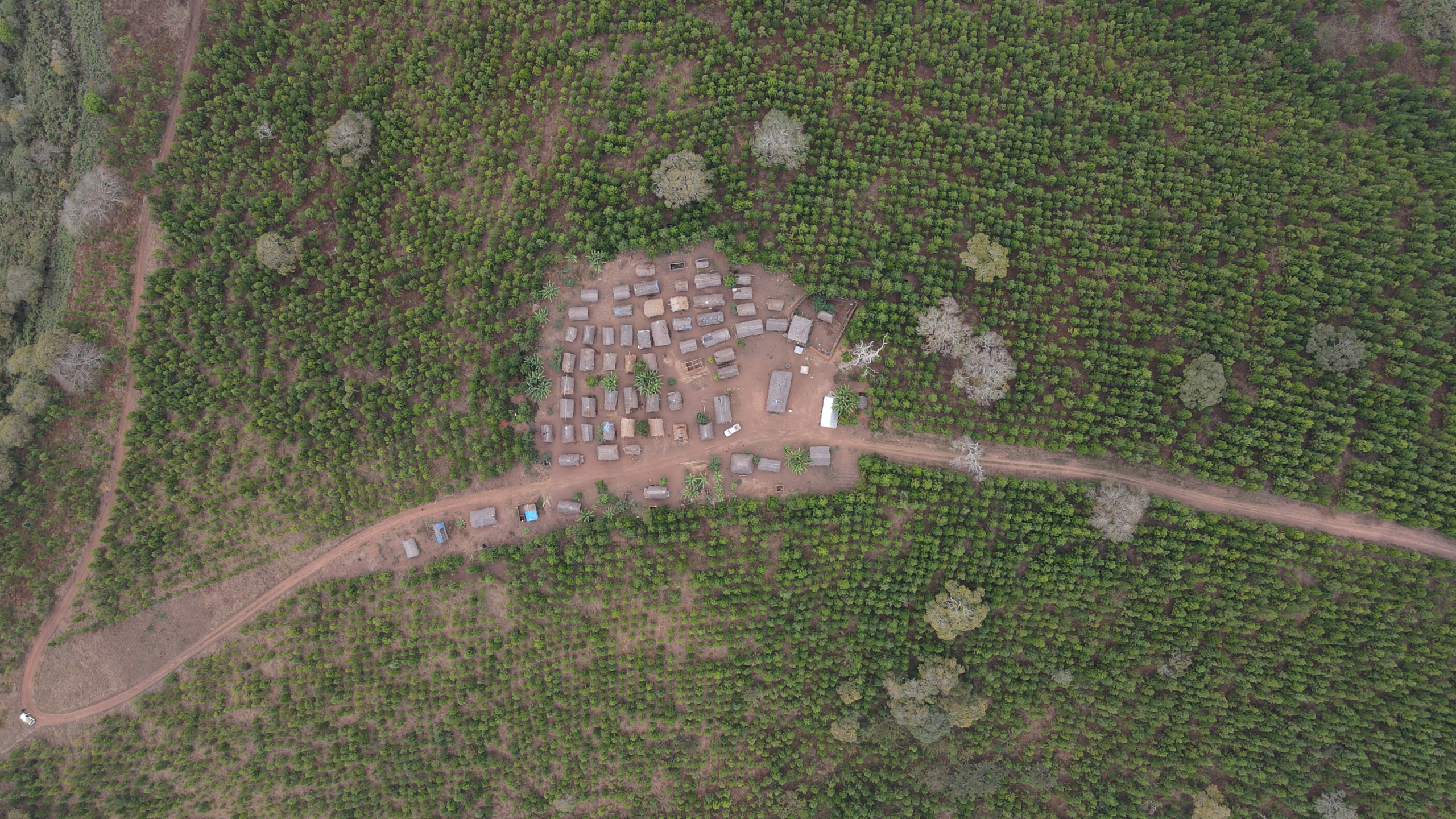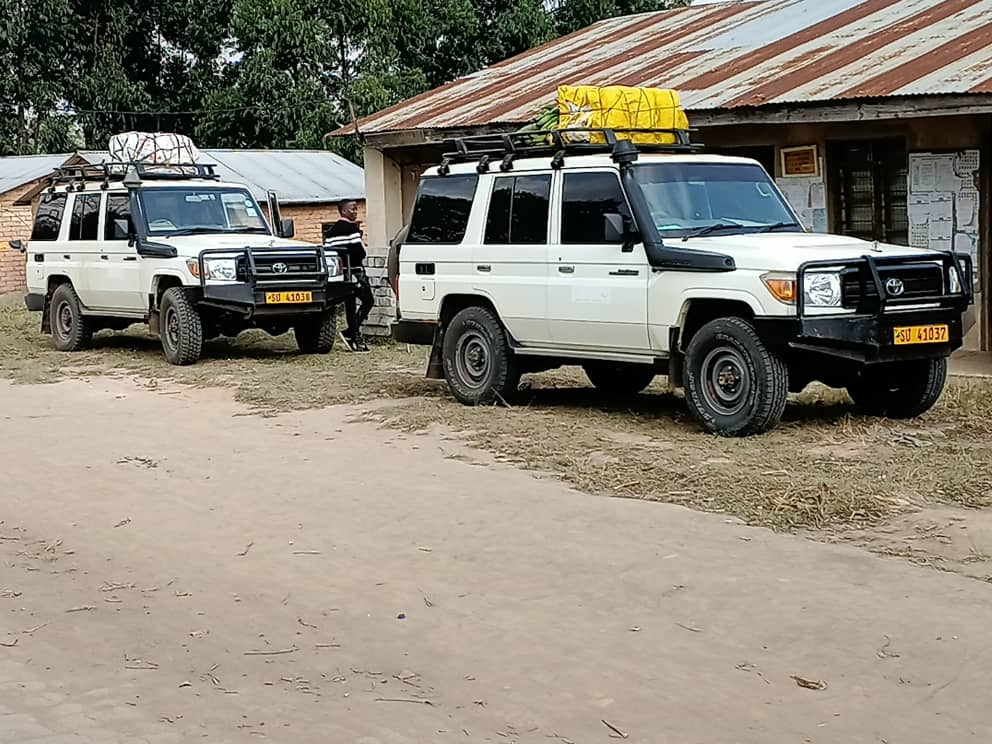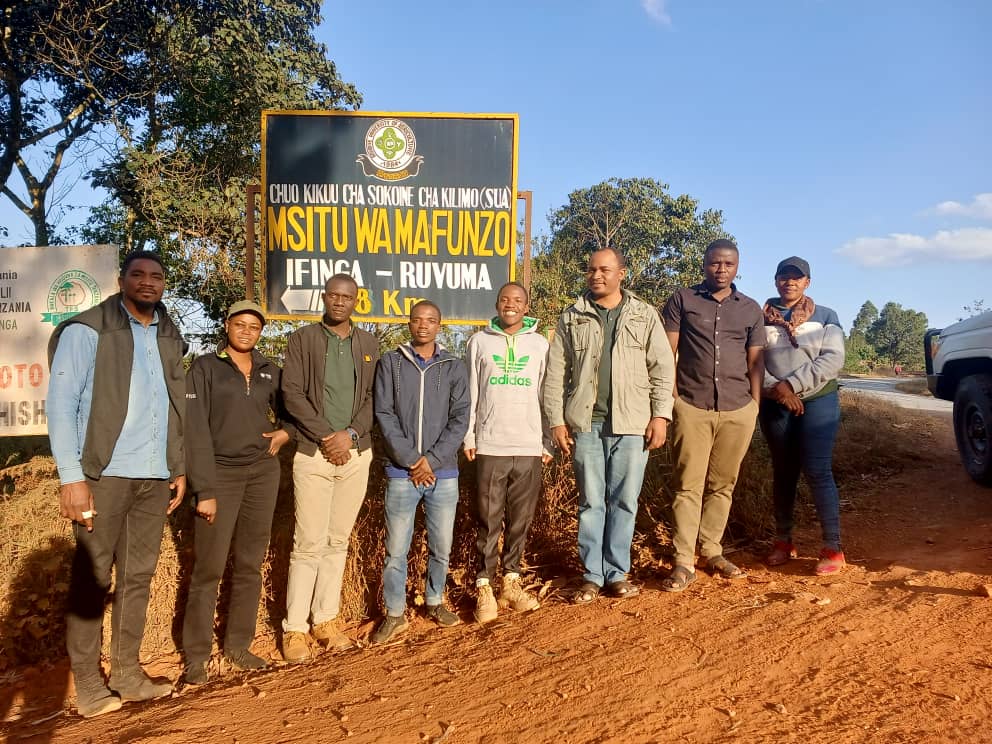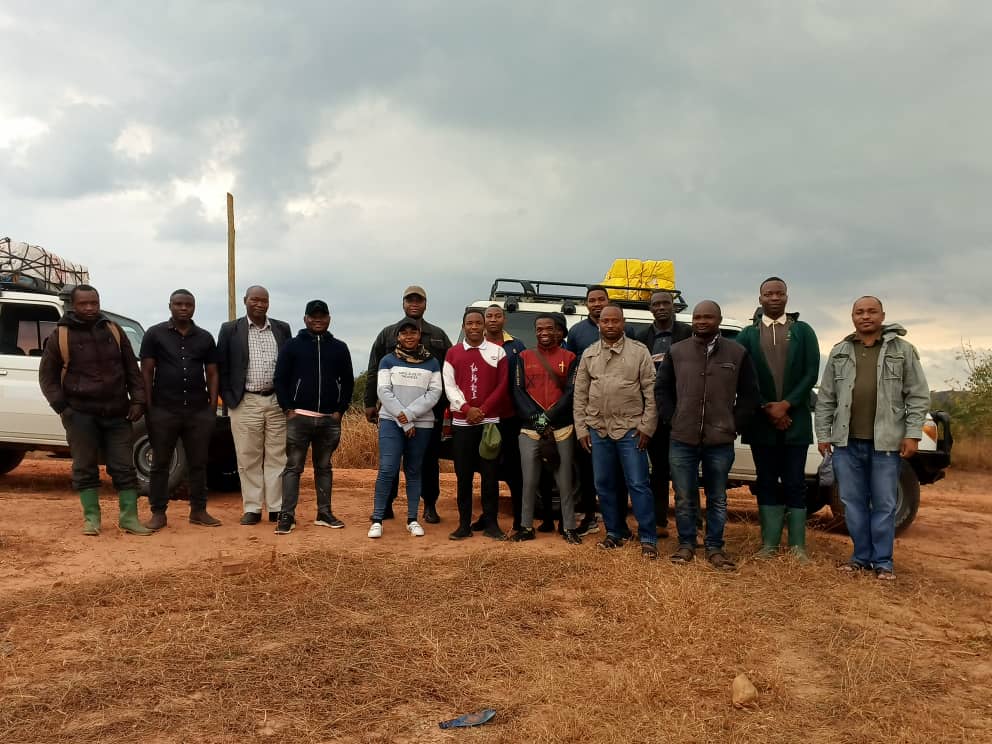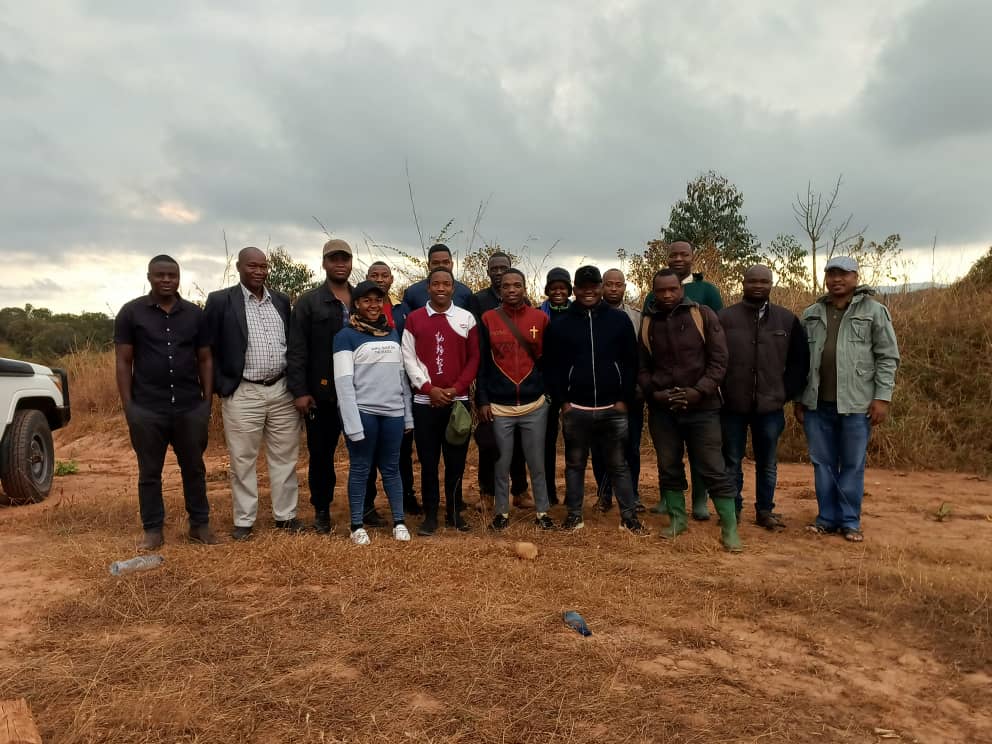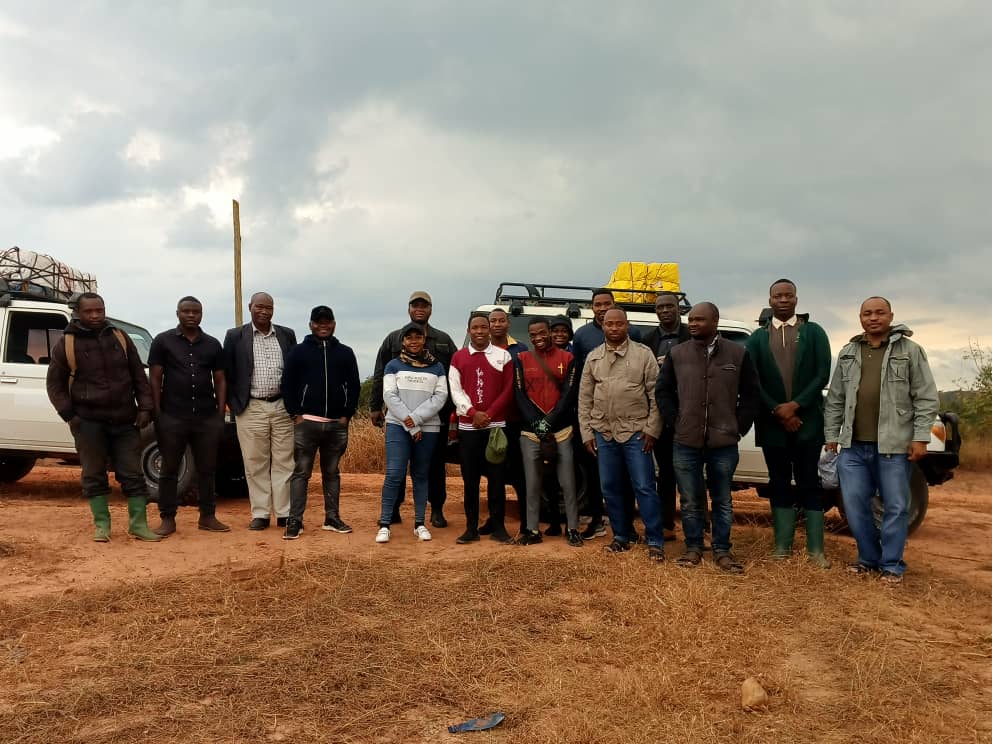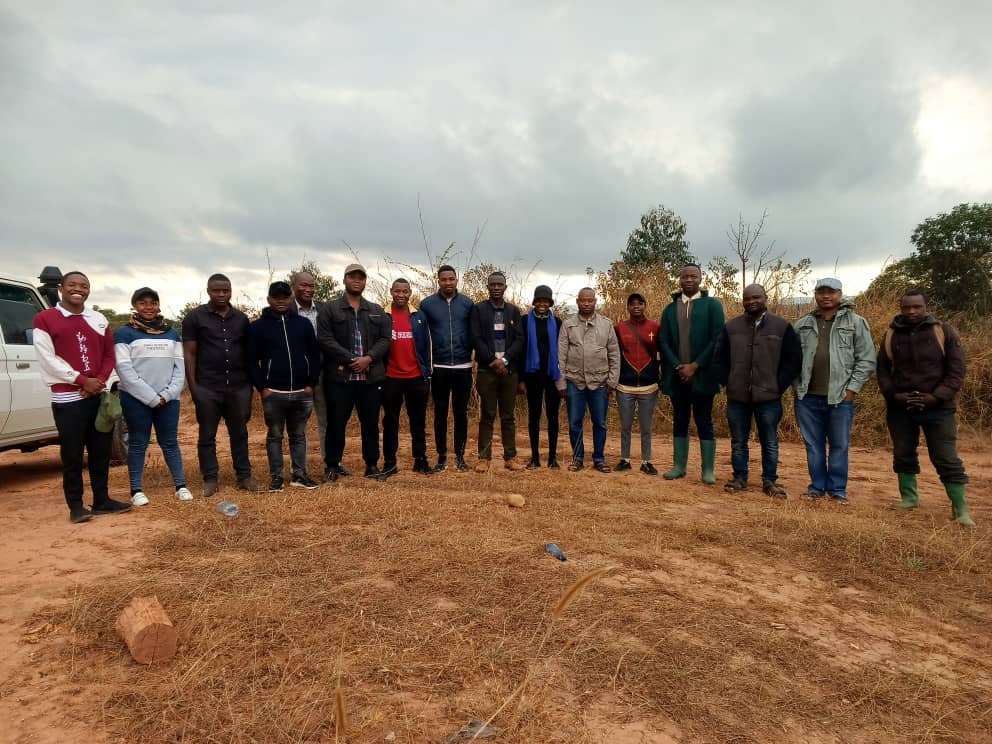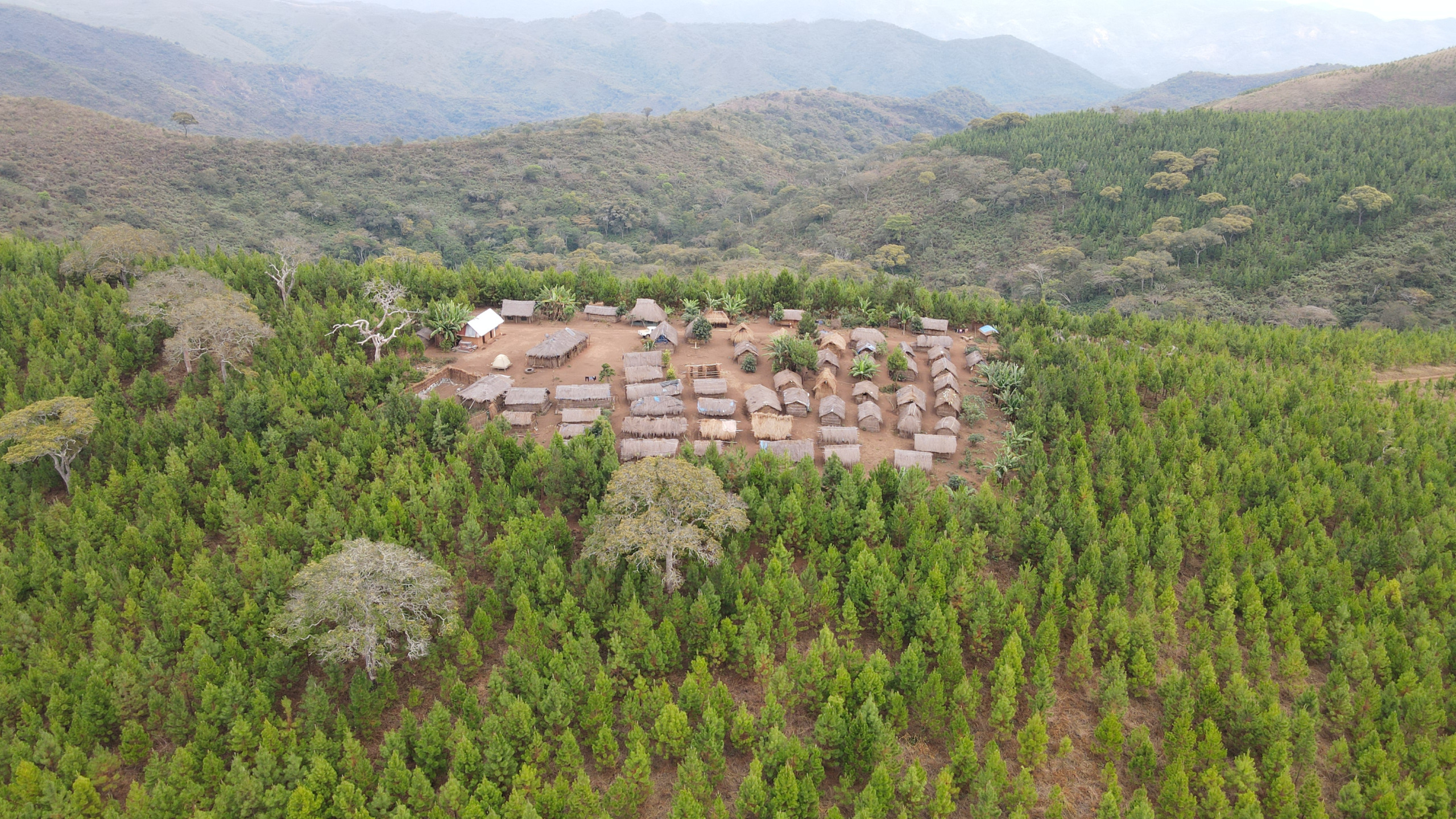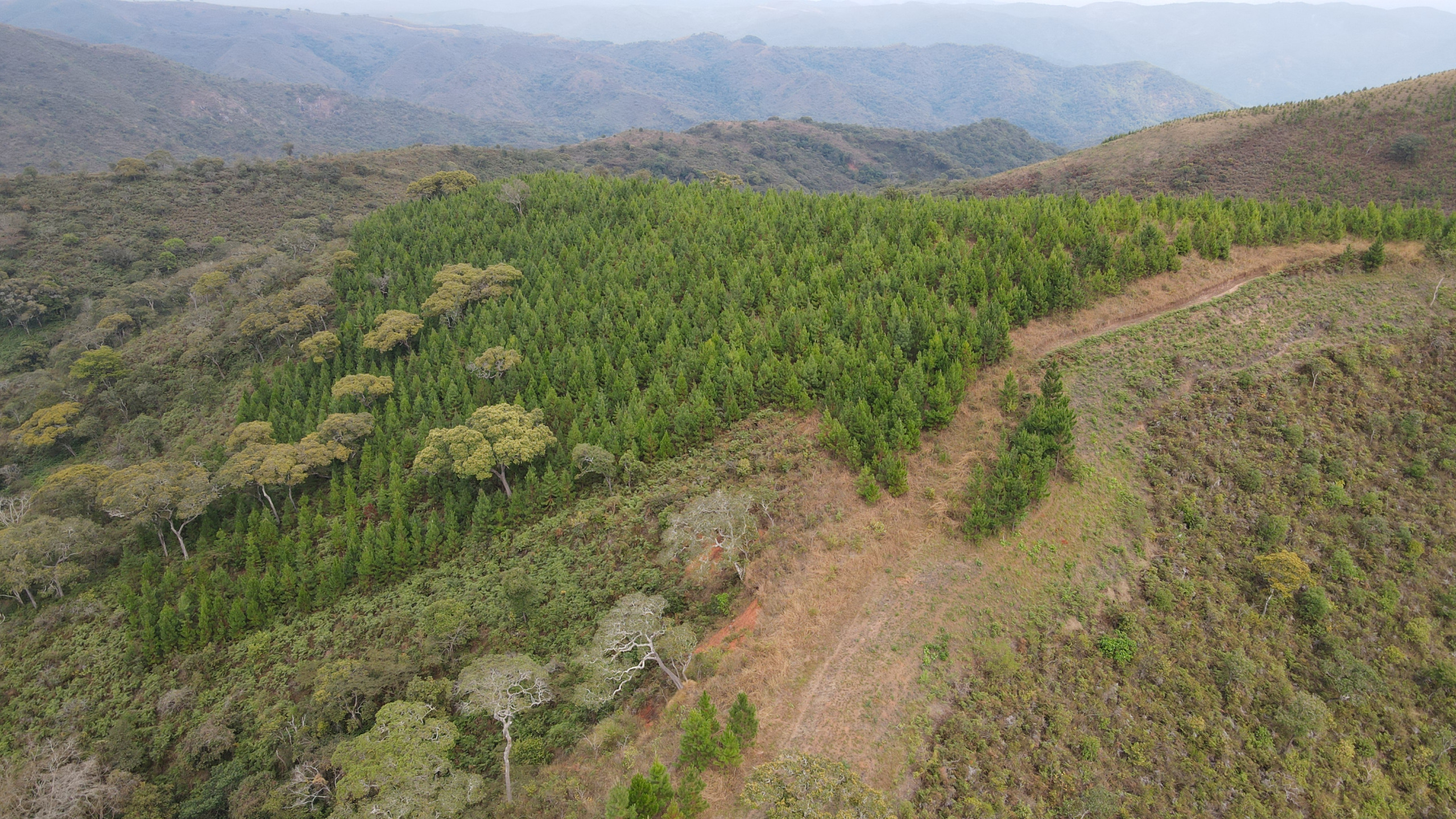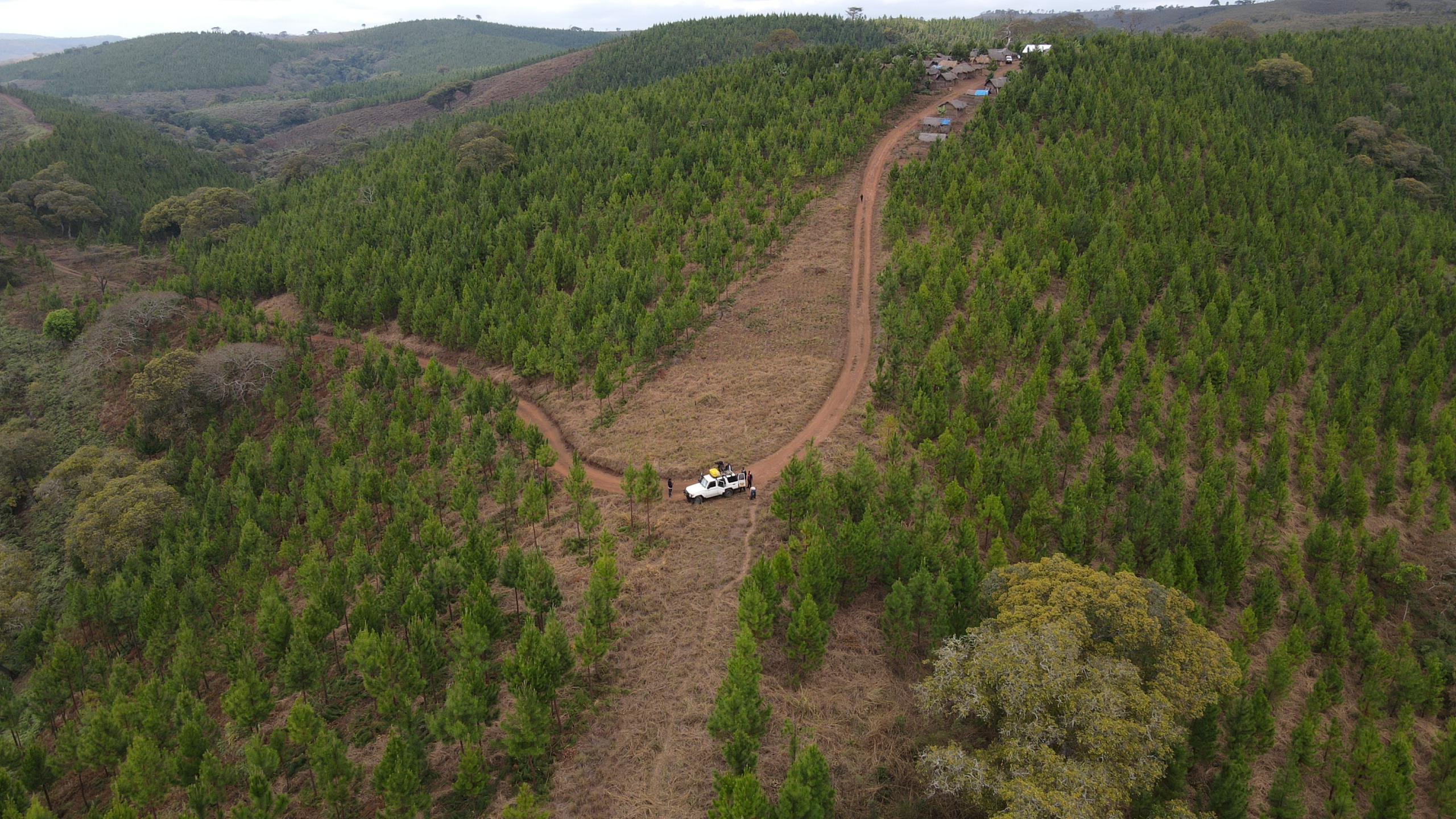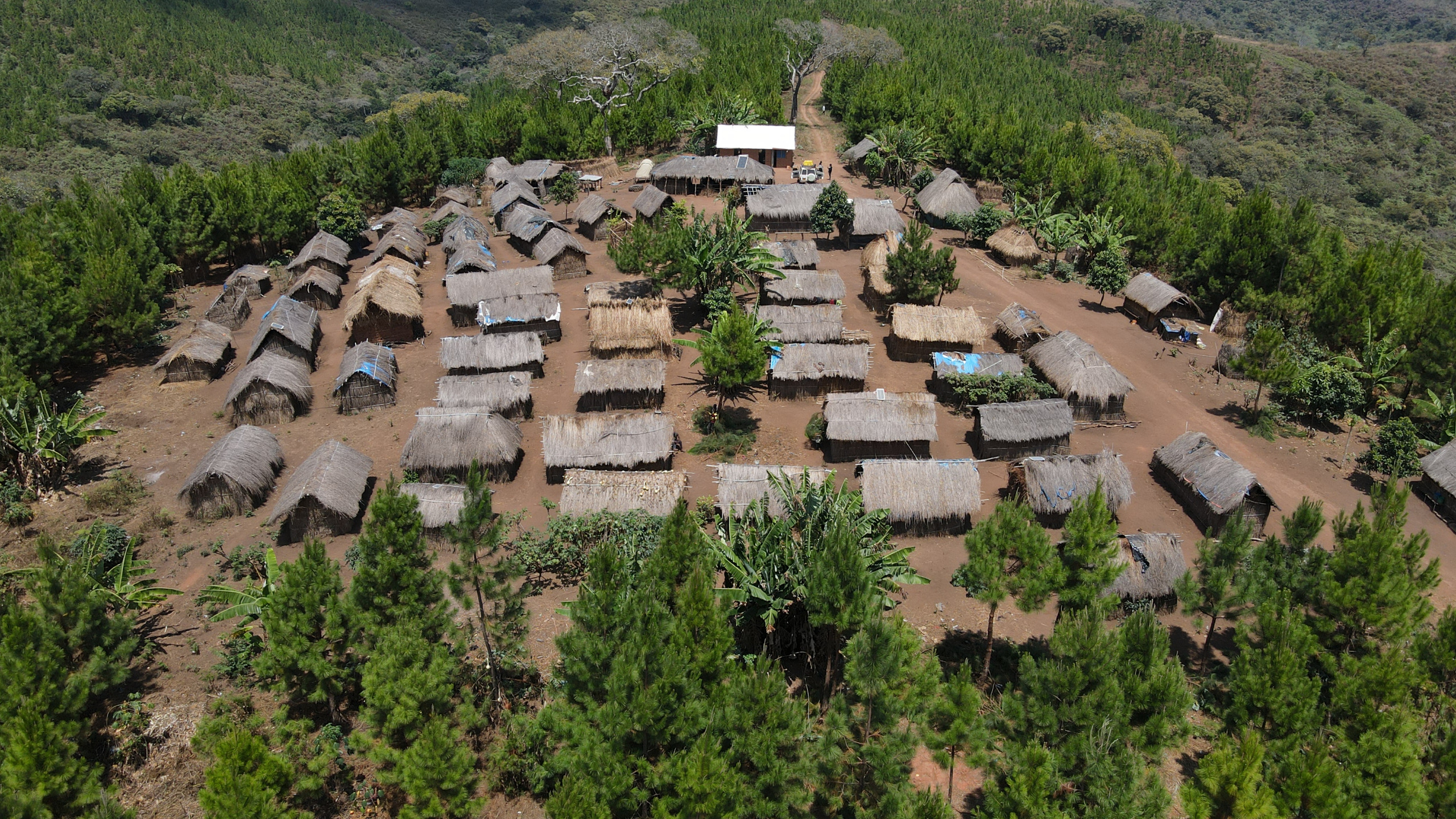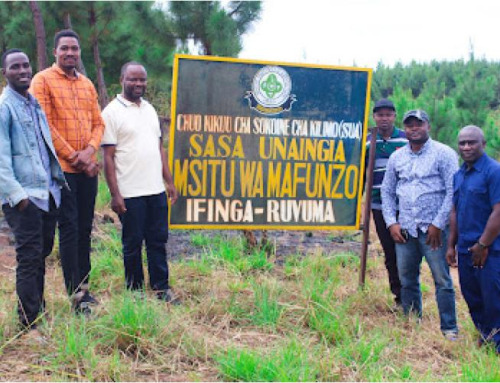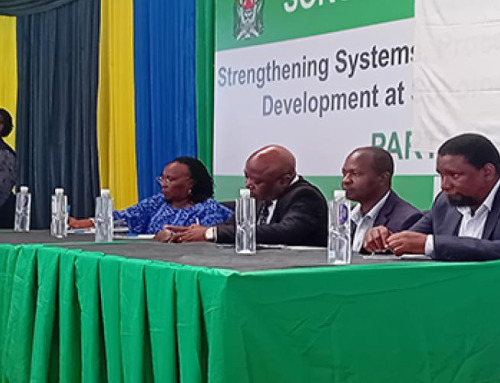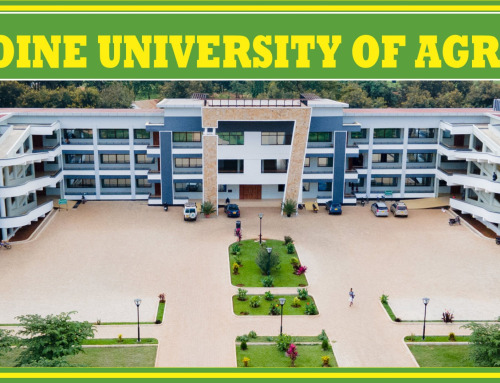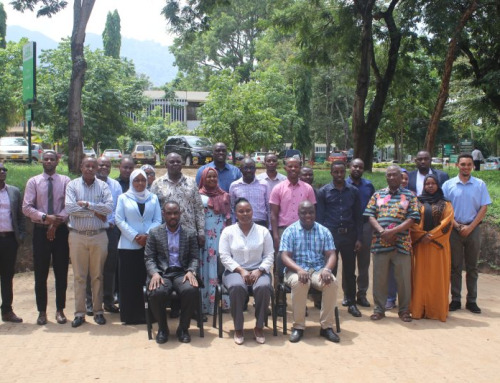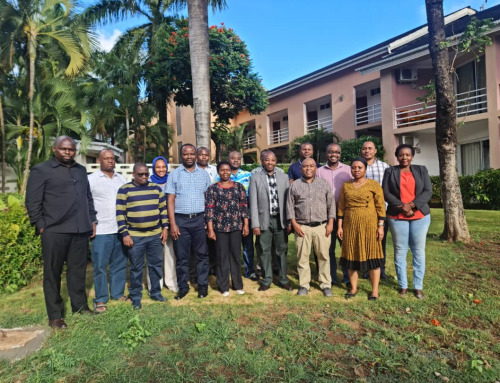Sokoine University of Agriculture (SUA) is spearheading a groundbreaking project within the Ifinga Sokoine University of Agriculture Training Forest (ISUAFT) in an effort to combat deforestation, promote conservation, and harness the power of carbon sequestration. This endeavor is part of the “Higher Education for Economic Transformation (HEET) Project,” aimed at addressing the critical issue of deforestation and forest degradation in Tanzania.
Tanzania, renowned for its abundant natural resources, including extensive forests and diverse wildlife, is grappling with the increasing pressure on these ecosystems due to deforestation driven by the growing population’s demand for energy resources. To counteract this alarming trend, SUA has secured 10,000 hectares of land for a comprehensive forestry project in Ifinga, Madaba, Ruvuma.
The cornerstone of this ambitious project lies in the potential for generating verified emissions reductions and producing carbon credits. SUA’s initiative will undergo rigorous assessment and validation against the Verified Carbon Standard (VCS) and Climate, Communities, and Biodiversity Standard (CCB). Vital to the project’s success is the active participation and collaboration of local communities and key stakeholders.
One pivotal element of this project involves the cost-effective generation of carbon credits derived from a range of activities within the project’s boundaries. To realize this goal, a comprehensive socio-economic baseline survey has been conducted in the adjacent villages surrounding ISUAFT.
The survey, carried out between June 2023 and September 2023, encompassed the villages of Ifinga (Matumbi ward), Mkongotema (Mkongotema ward), Wino, and Igawisenga (Wino Ward). A core team of experts from the College of Forestry, Wildlife, and Tourism which is led by Prof. Zahabu collected both quantitative and qualitative data to obtain a thorough understanding of the socio-economic conditions within these communities and to gauge their awareness and attitudes toward conservation and carbon credits.
